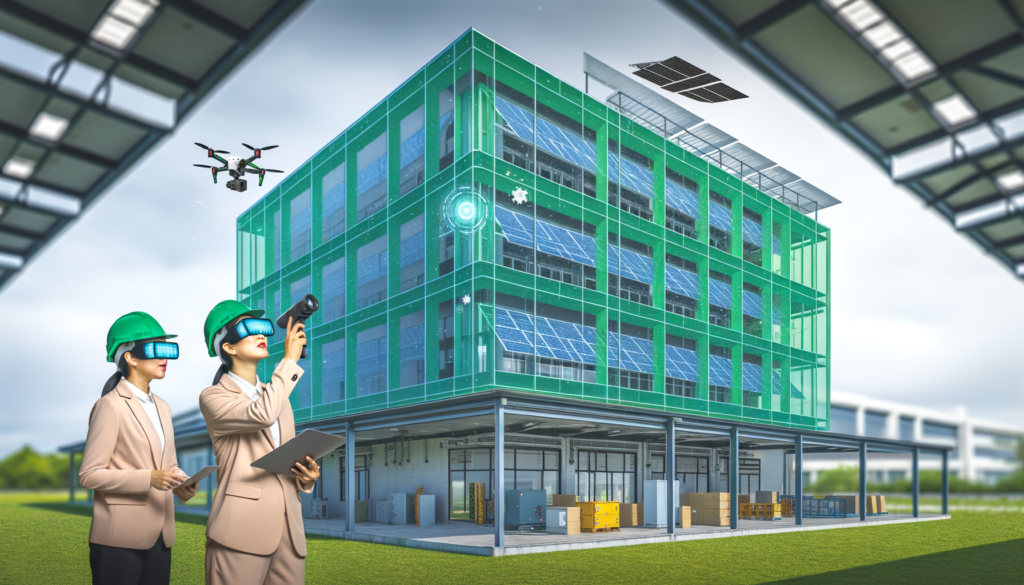The Role of Electrical Engineering in Commercial Real Estate
Electrical engineering plays a crucial role in the design, construction, and maintenance of commercial real estate properties. From power distribution systems to lighting and HVAC control, electrical engineers are responsible for ensuring that buildings are safe, energy-efficient, and equipped with the necessary infrastructure to support modern technological advancements.
Current Trends in Electrical Engineering
With the increasing demand for sustainable and environmentally-friendly building practices, electrical engineers are focusing on designing energy-efficient systems that reduce overall electrical consumption. This includes the implementation of smart building technologies, such as automated lighting controls, occupancy sensors, and building management systems that optimize energy usage and improve occupant comfort.
The Future of Electrical Engineering in Commercial Real Estate
Rise of Renewable Energy Sources
As the emphasis on sustainability continues to grow, electrical engineers will play a key role in integrating renewable energy sources, such as solar panels and wind turbines, into commercial real estate properties. These technologies will not only reduce the environmental impact of buildings but also provide a more resilient energy supply in the event of power outages or disruptions.
Advancements in Building Automation
With the advent of the Internet of Things (IoT) and artificial intelligence, electrical engineers will increasingly rely on advanced automation systems to optimize building operations. These technologies will enable real-time monitoring of energy usage, predictive maintenance of electrical systems, and remote control of building systems for improved efficiency and cost savings.
Integration of Electric Vehicle Charging Stations
With the rise of electric vehicles, commercial real estate properties will need to incorporate electric vehicle charging stations to meet the needs of tenants and visitors. Electrical engineers will be responsible for designing and implementing these infrastructure upgrades, as well as ensuring that buildings have the necessary electrical capacity to support an increasing number of electric vehicles.
Conclusion
As commercial real estate properties continue to evolve to meet the demands of a changing market, electrical engineers will play a crucial role in integrating new technologies, improving energy efficiency, and ensuring the safety and reliability of building electrical systems. By staying current with emerging trends and advancements in the field, electrical engineers can help shape the future of commercial real estate and contribute to a more sustainable and efficient built environment.

